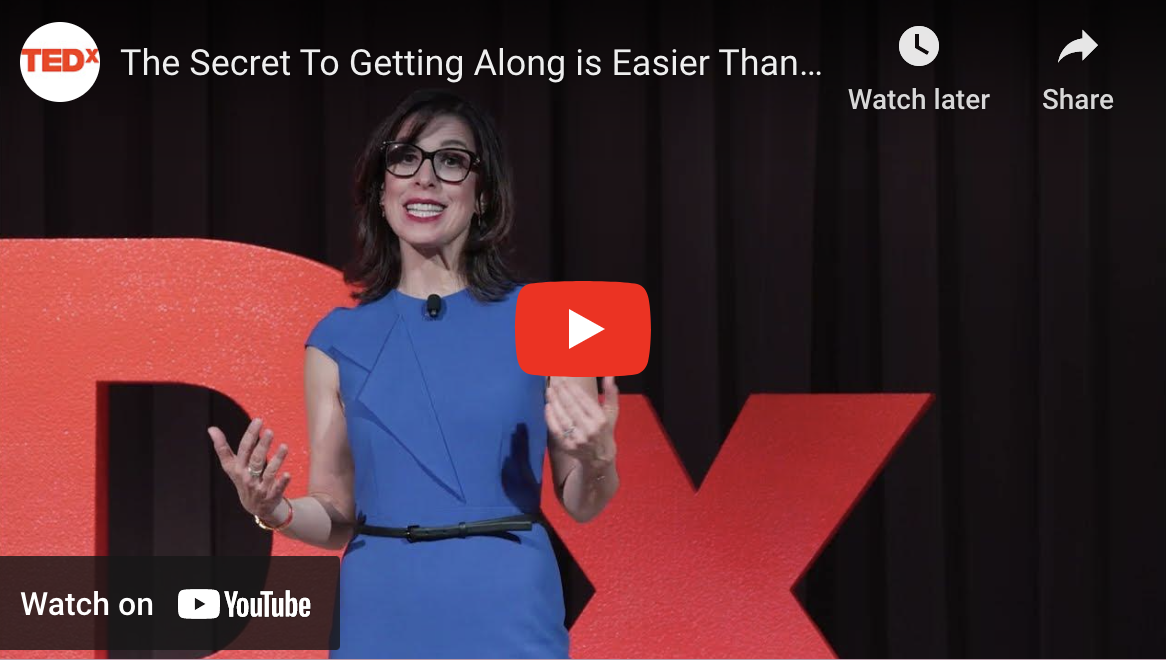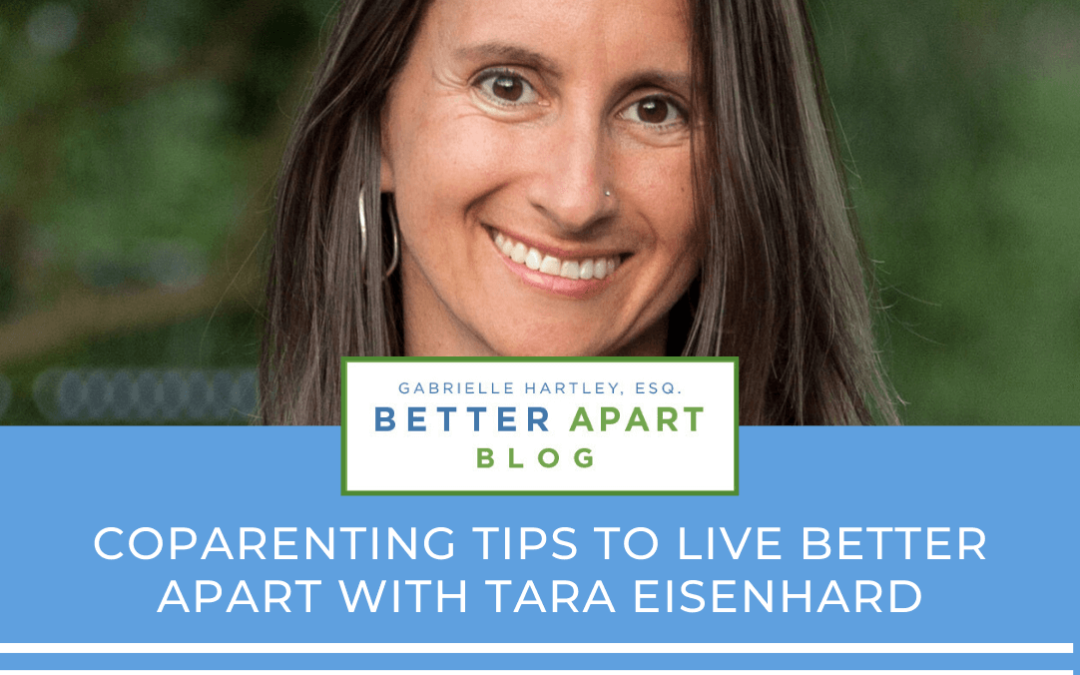A few weeks before my thirteenth birthday, my parents had a fight that impacted my life forever. I don’t remember what they were arguing about, but I clearly remember when my mother said those words.
“Oh, get a lawyer. I can’t talk to you anymore!” She exclaimed.
And that was the beginning of my parents’ divorce process. At first, I was terrified.
I had no idea what this drastic change would mean for my family, and at that point, my parents didn’t know either. It was months later when my mom told me that my dad would be moving out while I was away on vacation with my cousin.
Again, I was terrified. I was also sad, angry, and confused.
In the beginning, things were awkward for sure. My parents tried to act as if everything was normal. My mom choked back tears and spent as much time as she could with her old friends from high school. My sister and I visited my dad every other weekend and pretended it wasn’t a strange and strained experience. Months later my dad moved in with his new girlfriend, a woman I barely knew.
To say the least, 1992 was a rough year. But through all the weirdness, a certain truth came to light for me: my parents were truly better apart.
I know it sounds crazy, but from then on I grew up thinking divorce was a good thing. Here are some of the things my parents did really well:
They stopped fighting. Or, at least they stopped fighting in front of me. When my mom and dad no longer lived under the same roof, they no longer fought about so many little (or big, I don’t even remember) things. After my dad moved out, the house was peaceful again.
They focused on their duty as co-parents. Miraculously (I use this word because all of this happened during a time when divorce was still a very dirty word, and the internet was not yet a household thing) my parents were able to put their marital issues aside and come together as a parenting team. Despite the fact that they were living separate lives, they always presented themselves as a united front when it mattered most (such as matters related to discipline and medicine).
They respected each other, and therefore they respected their children. They could’ve disparaged each other, but they didn’t. They certainly made remarks about each other while they still lived together. But after the big break, my sister and I never felt pressured to choose a side, validate a negative opinion, or hide our feelings about the “other” parent. I vividly recall telling my mom how awesome I thought my dad’s girlfriend was, and my mom kindly smiled and nodded along. She never told me what she really thought about that woman.
As a result of my parents’ divorce, my life improved. And so did their relationship. After a few years, my mom and dad actually became friends again. The once-awkward Friday afternoon exchanges became happy times of catching up between all four of us. As an adult, I’ve enjoyed Thanksgiving dinner with both of my parents at the same table.
There’s not a day that goes by that I’m not grateful for my parents’ divorce. I’m grateful for the freedom it granted each of them, and the lessons I learned through the process.
I also know how lucky I am. Most children of divorce don’t share my positive experience.
Since my own divorce and study of the topic, I’ve encountered countless examples of ways in which families suffer during and beyond the breakup. I’ve met scarred children, alienated parents, and heartbroken grandparents. I’ve seen the devastation, desperation, and exasperation. And in some cases, I’ve felt it myself in my personal life.
For those who are reading this while enduring a less-than-beautiful divorce and co-parenting experience, please take a deep breath and pat yourself on the back. You’re doing great (otherwise you wouldn’t be reading this article), and you’re not alone.
Here’s the good news: you have power. You might not have enough power to steer your coparenting train to Sunshine Town, but you probably have enough power to stop it from going off a cliff. How can you do that? Here are a few coparenting tips.
Best Coparenting Tips For Divorced Parents
Set Boundaries. If you’re invited to an argument, you can choose not to participate (especially if your children are watching). Determine the most productive options for communicating with your ex, and insist on those alone. And feel free to end a conversation if things go awry. Remember that through this experience, you’re teaching your children about conflict and how to work with someone you don’t get along with. What do you want them to learn? Model that.
Appreciate Your Ex. This might be hard, but a little positive reinforcement can go a long way. Rewarding your ex’s “good behavior” might prompt more of it in the future. Furthermore, if your children see you acknowledging the good in their other parent, they will feel better about themselves (because they are half of each parent).
If Necessary, Parallel Parent. Sometimes there aren’t enough boundaries and positive nudges to bridge the fiery gaps between exes. In this case, it might be necessary to adopt a “you do you and I’ll do me” approach. Parallel parents agree to disagree: to make their own rules in their own homes and interact with each other as little as possible.
Above All, Keep Your Children Out Of It. So long as your children have two parents who love and care for them, they should be free to love and enjoy their parents in return (regardless of their age). Don’t confide in your children. Don’t use your children as informants. Don’t use your children as messengers. If a third party is needed to facilitate communication, outsource the job to an attorney, mediator, or co-parenting app.
As a child of divorce, I learned that divorce is sometimes the best solution to a problem. As a divorce professional, I learned that parents are often struggling to balance their own pain with what they think is best for their family. Sometimes even the best solution is anything but easy to carry out and live with in the long term.
The good news is that we exist in a world rich with resources and compassionate professionals. If the coparenting tips in this article leave you wanting more, don’t be afraid to reach out to a mediator, therapist, or coach. Remember that you do have the power to initiate positive change in your family.
Tara Eisenhard is a divorce coach who helps struggling singles overcome shame and frustration so they can find peace and create a life they love. She is also the author of the novel “The D-Word: Divorce Through a Child’s Eyes.” Additional information about Tara can be found at TaraEisenhard.com
P.S. Want more tools and resources to stay positive during a divorce? Download my Free Divorce Survive & Thrive Kit below!
With support and strength,


FOLLOW GABRIELLE

DISCLAIMER: The commentary, advice, and opinions from Gabrielle Hartley are for informational purposes only and not for the purpose of providing legal advice or mental health services. You should contact an attorney and/or mental health professional in your state to obtain advice with respect to any particular issue or problem.
- One Edgewater Plaza Suite 304, Staten Island, NY 10305
- 266 Smith Street, Brooklyn, NY 11231
Northampton MA
PHONE:
New York: (917) 905-4553
Boston: (413) 450-0420



0 Comments